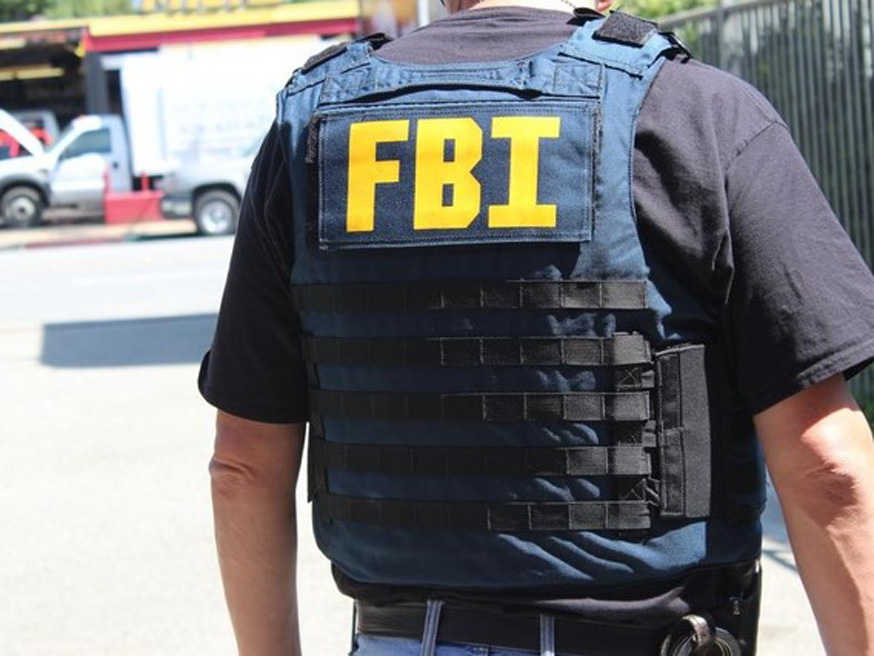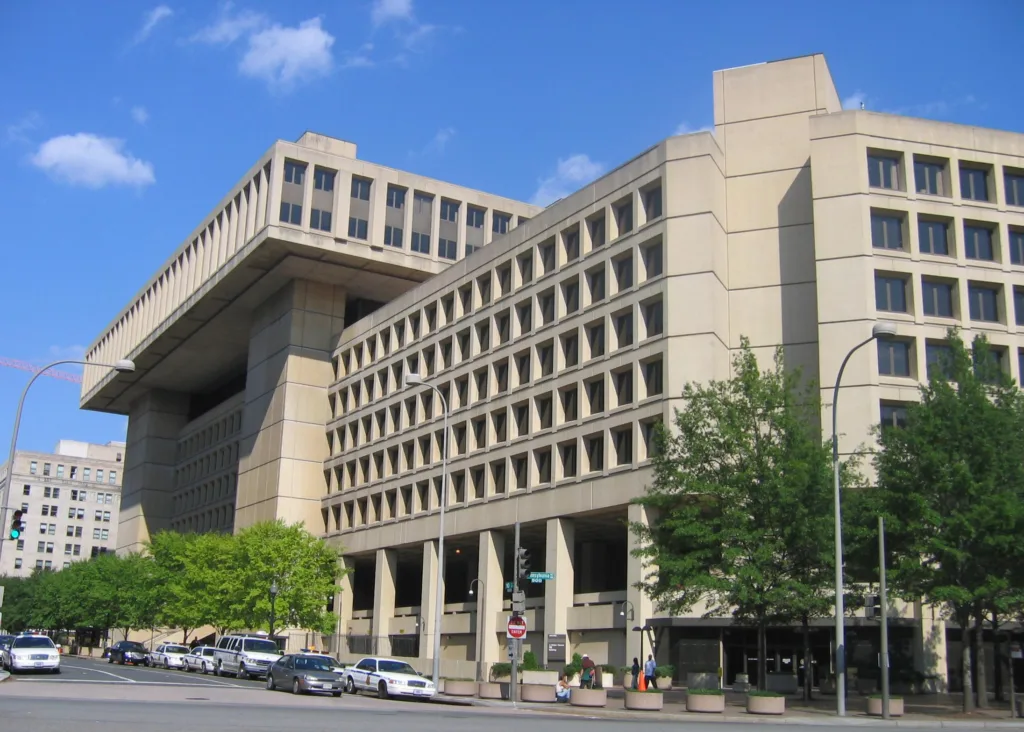Supervisory Special Agents (SSA) are highly trained professionals who work for the Federal Bureau of Investigation (FBI). As the name suggests, they are responsible for supervising and leading a team of agents in achieving the FBI’s mission of protecting the United States from domestic and international threats.
The role of a Supervisory Special Agent is crucial in maintaining the integrity and effectiveness of the FBI. They are responsible for overseeing investigations, managing resources, and ensuring that agents comply with FBI policies and procedures. They are also responsible for prviding guidance and training to agents to help them improve their skills and achieve their career goals.
To become a Supervisory Special Agent in the FBI, extensive prior experience as a special agent is required. This means that candidates must have a minimum of seven to fifteen years of experience working as a special agent before they can apply for this position. They must have a deep understanding of FBI policies and procedures, as well as an in-depth knowledge of investigative techniques and procedures.
The first line supervisors are typically in the GS-14 range and have some variety in titles based on their locations. These supervisors are responsible for overseeing the day-to-day operations of their teams and ensuring that investigations are conducted in a timely and effective manner.
Currently, there are over 9,816 Supervisory Special Agents employed in the United States. While the majority of these agents are men, there is a small percentage of women in this role as well. The average age of an employed Supervisory Special Agent is 43 years old.
Working in the FBI as an agent-profiler is considered a supervisory role. This means that Supervisory Special Agents are responsible for leading and managing teams of agents who specialize in profiling and investigating criminal behavior. They must have excellent analytical skills and be able to think critically in order to identify patterns and trends in criminal behavior.
In addition to their investigative and leadership skills, Supervisory Special Agents must also possess strong interpersonal skills. They must be able to communicate effectively with their teams, as well as with other law enforcement agencies and members of the public.
Supervisory Special Agents are highly trained professionals who play a critical role in maintaining the safety and security of the United States. They are responsible for leading and managing teams of agents, overseeing investigations, and ensuring that FBI policies and procedures are followed. With extensive prior experience as a special agent and a deep understanding of FBI policies and procedures, candidates can aspire to become a Supervisory Special Agent and take on this challenging and rewarding role.
What Rank Is Supervisory Special Agent?
Supervisory Special Agents (SSAs) are typically classified in the GS-14 pay grade range. The exact title of a fist line supervisor in this role may vary depending on their location within the organization. However, it is generally understood that SSAs are in a leadership position within the FBI and are responsible for managing and overseeing the work of Special Agents and other staff members in their respective units. the GS-14 pay grade is considered to be a mid-level management position within the federal government, with room for advancement and higher levels of responsibility as one gains more experience and expertise in their role.

How Do You Become A FBI BAU Supervisory Special Agent?
To become an FBI BAU Supervisory Special Agent, you need to have extensive prior experience in the FBI. This is because working in the BAU as an agent-profiler is considered a supervisory role. Experts suggest that one needs to have at least seven to 15 years of experience as a special agent before applying to serve in the BAU.
During this time, you will need to gain experience in various areas such as criminal investigations, intelligence gathering, and analysis. You will also need to demonstrate your leadership skills and ability to work well with others, as these are important qualities for a supervisory role.
To apply for the position, you will need to meet the minimum qualifications, which include beig a U.S. citizen, having a Bachelor’s degree from an accredited institution, and passing a rigorous background check. You will also need to pass a physical fitness test and meet other requirements related to age, vision, and hearing.
Once you meet the minimum qualifications, you can apply for the position through the FBI’s website or through a recruitment event. If you are selected for an interview, you will need to demonstrate your knowledge and experience in criminal investigations, as well as your leadership skills and ability to work well with others.
Becoming an FBI BAU Supervisory Special Agent requires a significant amount of experience and dedication. However, for those who are committed to this career path, it can be a rewarding and challenging role within the FBI.
How Many Supervisory Special Agents Are There?
According to the latest statistics, there are currently 9,816 supervisorsy special agents employed in the United States. It’s worth noting that among these agents, 9.5% are women, while 90.5% are men. Additionally, the average age of an employed supervisory special agent is reported to be 43 years old.
What Are The Types Of Special Agents?
The FBI has five major divisions, each of which employs special agents with unique skills and responsibilities. The first division is Intelligence, which focuses on gathering, analyzing, and disseminating intelligence information to support FBI investigations and operations. The second division is Counterintelligence, which aims to identify and neutralize foreign intelligence services and espionage activities targeting the United States. The third division is Counterterrorism, which works to prevent and disrupt terrorist attacks agaist the United States and its interests abroad. The fourth division is Criminal, which investigates a wide range of federal crimes, including public corruption, organized crime, white-collar crime, and violent crime. the fifth division is Cyber, which investigates and responds to cyber threats and attacks against the United States. Each of these divisions has special agents with unique skills and expertise, allowing the FBI to effectively carry out its mission to protect the American people and uphold the Constitution.

Conclusion
Becoming a Supervisory Special Agent wthin the Federal Bureau of Investigation is a highly prestigious and challenging career path that requires extensive experience and expertise in law enforcement. With only 9.5% of all Supervisory Special Agents being women, this field is dominated by men, but that should not deter anyone from pursuing this career. As a first-line supervisor, a Supervisory Special Agent is responsible for overseeing a team of agents and ensuring that investigations are conducted efficiently and effectively. With the FBI employing over 13,500 Special Agents across its five major divisions, the demand for skilled and experienced law enforcement professionals continues to grow. If you aspire to become a Supervisory Special Agent, it is essential to gain relevant experience as a Special Agent and be prepared to work hard and exhibit exceptional leadership skills.
